Like every single year, I didn’t read as much Non-Fiction as I meant to—but I did read a decent amount, more than I did in 2018 (by a whole percentage point, so…). These are the best of the bunch.
(alphabetical by author)
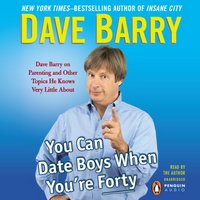 You Can Date Boys When You’re Forty: Dave Barry on Parenting and Other Topics He Knows Very Little About
You Can Date Boys When You’re Forty: Dave Barry on Parenting and Other Topics He Knows Very Little About
by Dave Barry
My original post
Barry at his near-best. This reminded me for the first time in a few years why I became a life-long devotee in high school. I could relate to a lot of it, and what I couldn’t was just funny. His reaction to Fifty Shades was a highlight—the chapter about his family’s trip to Israel was fantastic, funny and moving.


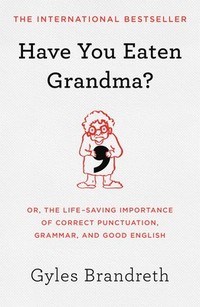 Have You Eaten Grandma?: Or, the Life-Saving Importance of Correct Punctuation, Grammar, and Good English
Have You Eaten Grandma?: Or, the Life-Saving Importance of Correct Punctuation, Grammar, and Good English
My original post
I remembered rating this higher, but I’m not going to second-guess myself now. I’ll steal from my original conclusion for this: It’s the kind of thing that my college-bound daughter could use on her dorm bookshelf (and will probably find), and I know more than a few people who find themselves writing reports and the like for work who could use something like that. If you need help, might as well have a good time while you’re at it—and Have You Eaten Grandma is just the thing.


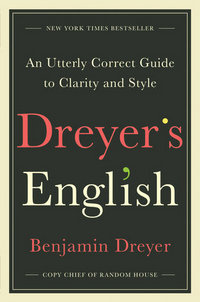 Dreyer’s English: An Utterly Correct Guide to Clarity and Style
Dreyer’s English: An Utterly Correct Guide to Clarity and Style
I haven’t written a post about this yet, but it’s a great book. I can see why it was so popular this year—so much so that it got its own card game! The only more useful book I read in 2019 was the next one on the list. I’m not sure if I read something that made me laugh more. Fun, smart, incredibly quotable, and a resource you’ll return to time and time again.


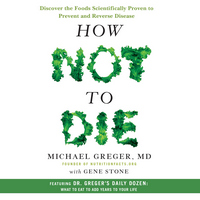 How Not to Die: Discover the Foods Scientifically Proven to Prevent and Reverse Disease
How Not to Die: Discover the Foods Scientifically Proven to Prevent and Reverse Disease
by Michael Greger M.D. FACLM, Gene Stone
My original post
One of the doctors that I’m seeing this year recommended this book to me, and it’s literally been a life-changer. This is an information-packed resource. But it’s not dry—Greger tells this with humanity, wit and concern. It’s a great combination of theory and practice.


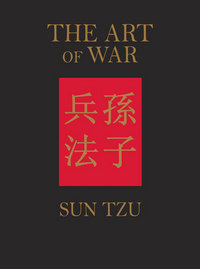 The Art of War: A New Translation
The Art of War: A New Translation
by Sun Tzu, James Trapp (Translator)
My original post
The classic text about military strategy—a great combination of psychology and management. It’s simple and profound, and approachable enough that there’s no excuse for not reading it.


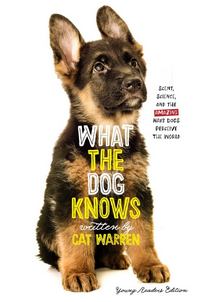 What the Dog Knows Young Readers Edition: Scent, Science, and the Amazing Ways Dogs Perceive the World
What the Dog Knows Young Readers Edition: Scent, Science, and the Amazing Ways Dogs Perceive the World
by Cat Warren, Patricia J. Wynne (Illustrator)
My original post
I loved the “adult” version of this a couple of years ago, and this is just as good—but edited so that middle-grade readers can tackle this exploration of the life of Working Dogs and their handlers.

![]()




